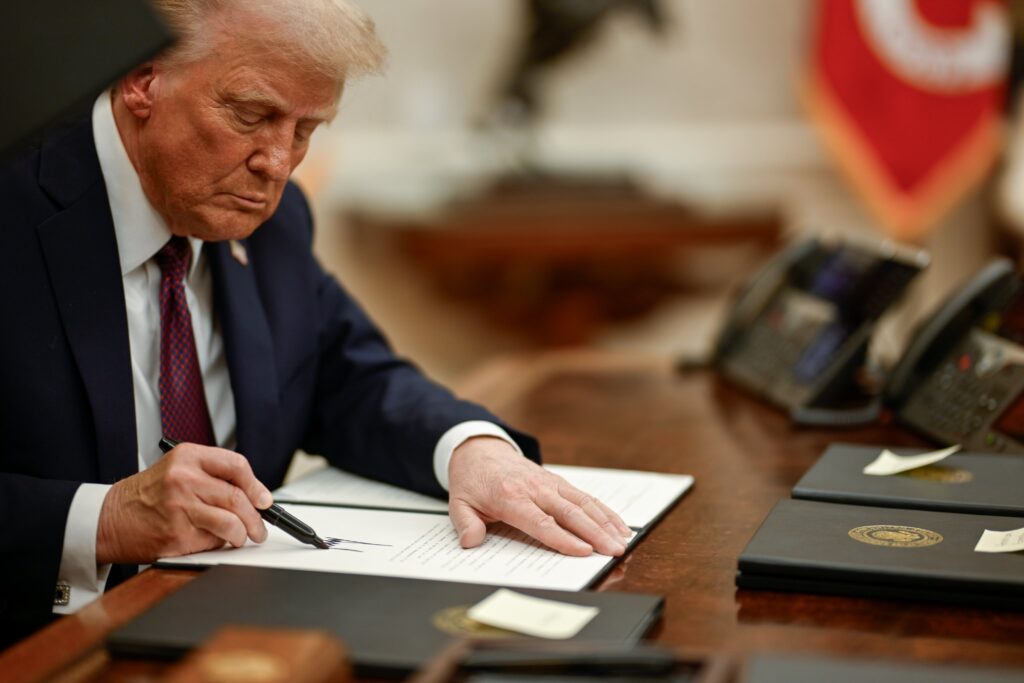The recent executive order by US President Donald Trump imposing a $100,000 fee for H-1B visa applications is raising alarms among small businesses and startups. The H-1B visa program, intended for skilled foreign workers, is crucial for many sectors struggling with workforce shortages, particularly in tech and healthcare.
Abhishek Singh, a software engineering manager in Seattle, expressed his immediate concerns over the fee, knowing his startup could find it financially unfeasible. Thankfully, he learned that the fee would only affect future applicants for the time being.
The executive order could stifle innovation and growth among smaller firms, which often depend on the talents of international workers. If you're a startup with new technology, and you've got some venture capital money but you're worried about burning through it too quickly, this could kill you, noted John Skrentny, a workforce development expert.
While large tech companies like Amazon and Microsoft have the capacity to absorb such costs, smaller organizations, particularly in non-tech sectors, view this fee as crippling. Karen Brady, CEO of a behavioral health nonprofit, stated unequivocally, There's no way that we can afford $100,000. The fear is that many organizations may choose to forgo hiring international talent altogether, worsening the already acute labor shortages.
Many industry experts worry that this policy could incite a broader exodus of skilled individuals from the US job market. Some have already considered relocating operations abroad to avoid the punitive fees. On the other side of the debate, proponents of the fee argue that it helps curb abuse of the H-1B program by prioritizing higher-paying applications, thus ensuring that the best talent is retained.
As the implications of this significant policy change continue to unfold, small businesses are left grappling with uncertainty about the future of their workforce and innovation potential in an increasingly competitive market.















